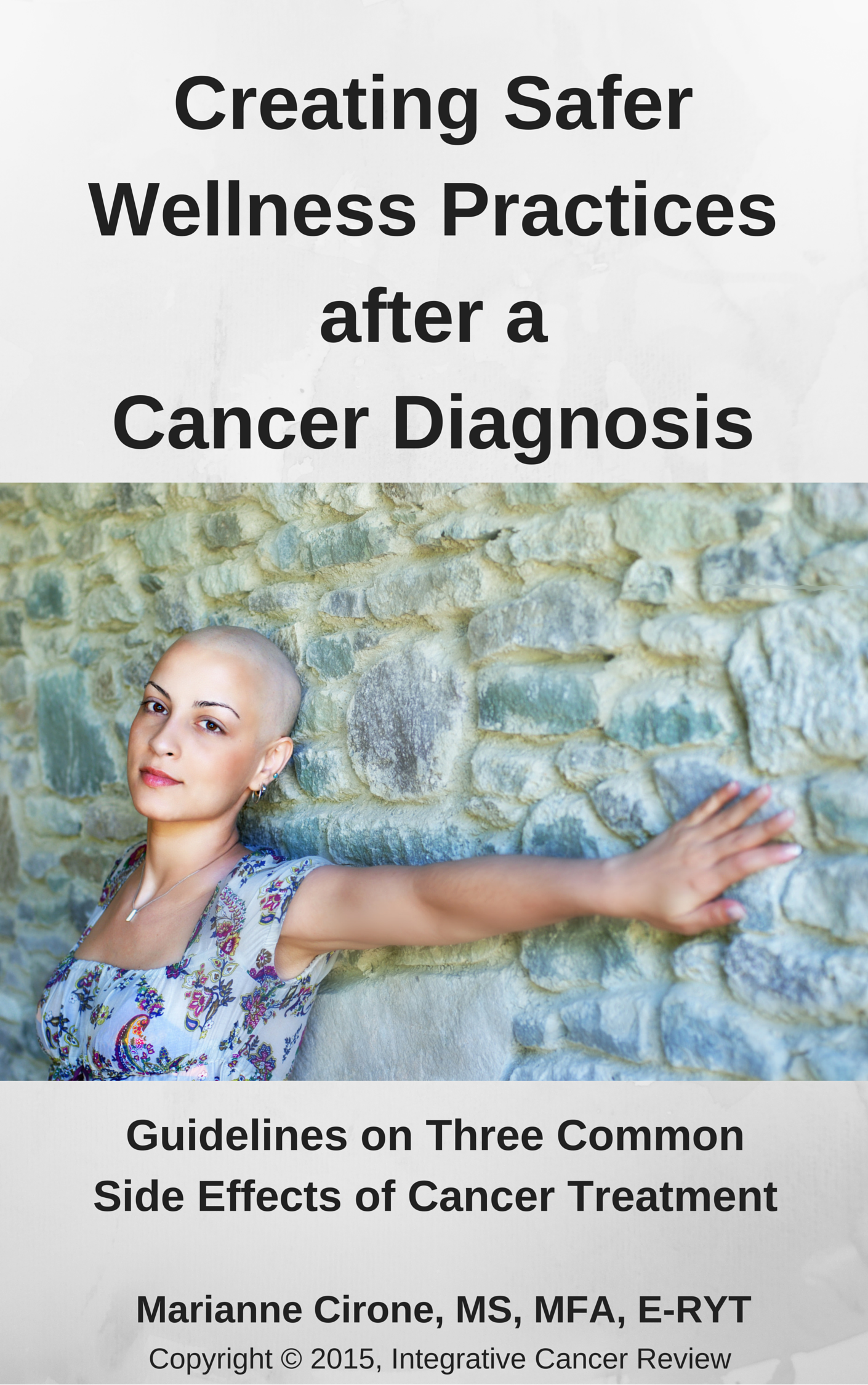
Acupuncture and Other Integrative Cancer Modalities
There are many integrative therapies for cancer care, with more being developed or coming to the forefront all the time.
One of these therapies is acupuncture, which has been the subject of a great deal of research, especially related to the side effects of cancer treatment, many of which have shown positive results.
What is Acupuncture?
According to the National Cancer Institute, acupuncture is a modality that has been practiced in China and other Asian countries for thousands of years as a part of traditional Chinese medicine.
Acupuncture encompasses several modalities, such as needling, moxibustion, cupping, and acupressure on specific sites of the body known as acupuncture points. It has been practiced in the United States for about 200 years, and the FDA approved the acupuncture needle as a medical device in 1996.
Acupuncture is used to treat a wide range of illnesses and ailments. Specifically for cancer patients, it is used for pain management, control of nausea and vomiting (N/V), fatigue, hot flashes, xerostomia (dry mouth), neuropathy, anxiety, depression, and sleep disturbances.
Acupuncture and Cancer Research
To date, most acupuncture clinical observation and clinical trials in cancer patients have focused on the effects of acupuncture on symptom management, with the most convincing research data on the effects of acupuncture in cancer patients the management of chemotherapy-induced nausea and vomited. However, there have been other positive findings as to the use of acupuncture for cancer patients.
For example, a group of researchers from the Osher Center for Integrative Medicine in San Francisco, including PhDs, MDs and OMDs (Oriental Medical Doctors), presented a program at the November, 2015 American Public Health Association meeting on the use of acupuncture the pain and symptom management among cancer survivors.
The study showed that after acupuncture treatments, inpatients showed:
- Decreases in pain
- Improvements in self-care and mobility
A meta-analysis of acupuncture for cancer-related fatigue published in a 2014 issue of Integrative Cancer Therapies showed mixed results, with four out of seven studies showing statistically significant benefits, and researchers called for more rigorous randomized clinical trials.
Acupressure and Cancer
Acupressure is another modality that is being studied for use in cancer-related symptoms. Acupressure is a technique derived from acupuncture, which involves using physical force applied to acupuncture points by the hand, elbow, or with various devices, with the intent of treating a disease or reducing symptoms.
A small pilot study at the University of Michigan Medical Center and published in a 2011 issue of Evidence-based Complementary and Alternative Medicine assessed the potential effects of self-administered acupressure for the reduction of persistent cancer-related fatigue (PCRF) symptoms of fatigue over 12 weeks. Results showed that changes in the severity of fatigue were significantly different across treatment groups with the greatest reductions in the relaxation acupressure group.
While the researchers didn’t know how acupressure decreased fatigue, they hypothesized that the subjects’ choice of acupressure points could have been reasons for the decrease in fatigue, and may have improved quality of participants’ sleep.
Emotional Freedom Technique and Cancer
The Emotional Freedom Technique (EFT) is a “brief exposure therapy” which is combines cognitive (verbal/thinking) and somatic (tapping/touching certain body areas) elements to help change unsupportive mental and emotional patterns. EFT may be particularly helpful in dealing with stress-related issues, which is a major concern for people affected by a cancer diagnosis, whether as a patient, caregiver or family member. Although more research specific to cancer and EFT is needed, there have been studies on the use of EFT for stress and stress disorders such as PTSD. For example, a study published in a 2013 issue of the Journal of Nervous and Mental Disorders found that in a group of veterans diagnosed with PTSD, those subjects who practiced EFT had significantly reduced psychological distress and PTSD symptom levels after the test. In addition, 90% of the EFT group no longer met PTSD clinical criteria, compared with 4% in the standard care/waitlist group. These results suggest that EFT may be a promising modality for people affected by cancer as well, and that more research is indicated.
Additional Integrative Modalities for Cancer
Other integrative and complementary modalities which may provide benefits to people affected by cancer will continue to be reviewed in future articles and interviews. The proliferation of interest and research in these areas continues to fuel the growth of evidence-based integrative options available to and practiced by people dealing with a cancer diagnosis.
See more on Other Modalities:
- Boost Immunity with Ayurveda
- 2017 Breast Cancer Rehabilitation and Wellness Summit – FREE Access to 45 International Expert Speakers
- Improving Quality of Life after Breast Cancer Treatment with Occupational Therapist, Denise Stewart
- Looking for Relief: Pain from Cancer and Cancer Treatments













